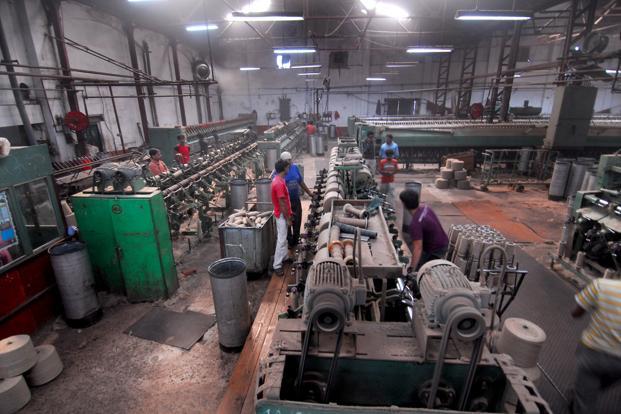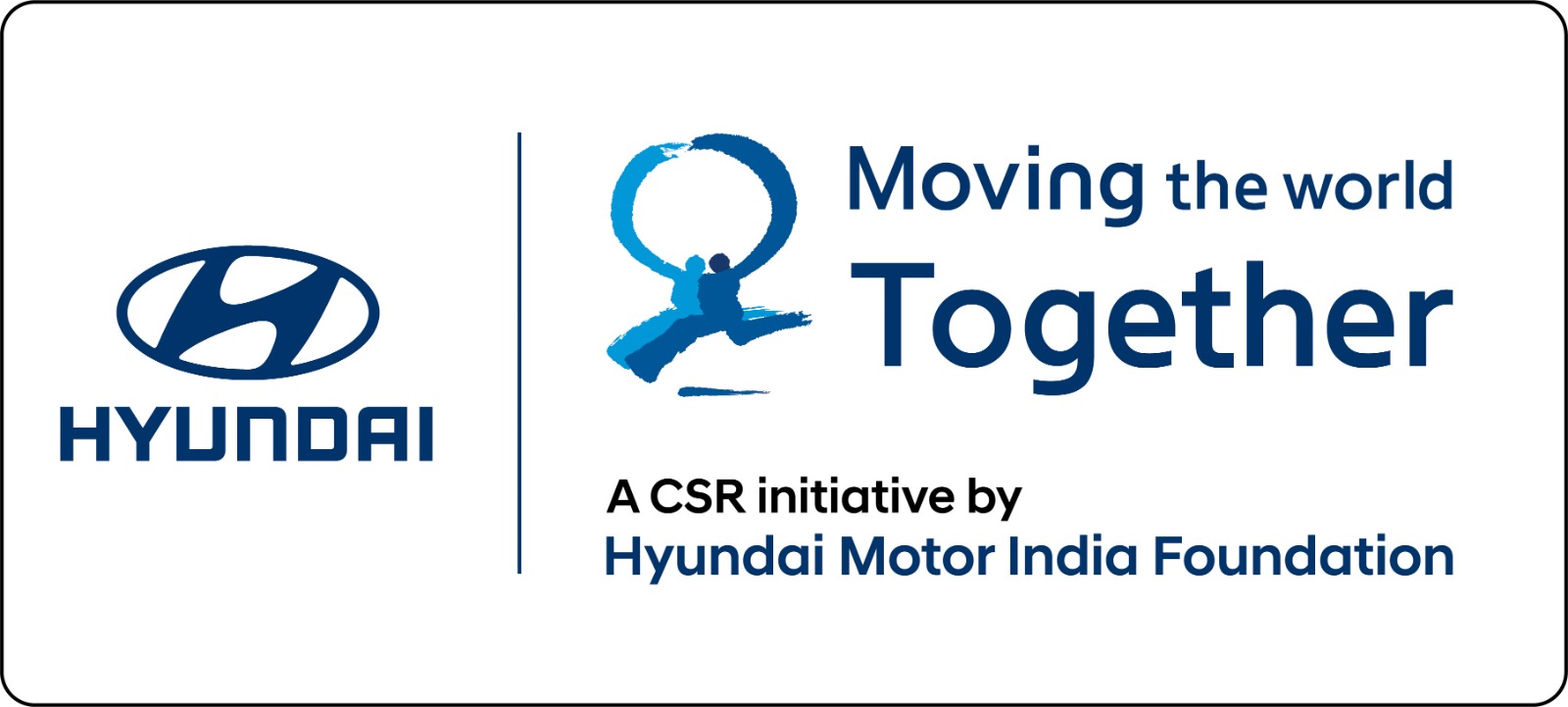Small and Medium-scale enterprise (SMEs) occupy an important and strategic place in economic growth and equitable development in all countries, constituting as high as 90% of enterprises in most countries worldwide. Based on statistics published by International Monitoring Fund (IMF) and World Bank, SMEs are now acting as key driving force behind a large number of innovations and contributes significantly towards the growth of the national economy through investment, employment generation and exports of goods. SMEs have emerged as a highly vibrant and dynamic sector of all transitional economies, including India. Rural industrialisation and economic linkage with backward areas, thereby reducing regional imbalances and ensuing at the same time more equitable distribution of national income and wealth remains keys outcomes of this sector. SMEs are complementing large industries as ancillary units through enormously contributing to the socio-economic development of the country. All these factors collaborating with each other assist in ensuring the significant role SMEs will play in achieving inclusive and sustainable industrialization across the globe.
The SMEs sector continues to demonstrate remarkable resilience in the face of trailing global and domestic economic circumstance. With its agility and dynamism, the sector has shown admirable innovativeness and adaptability to absorb and survive critical economic shocks, even of the gravest nature. Despite the pivotal role and strategic importance in the context of industrial development and economic growth of the country, the SMEs sector experiences several constrains and challenges at every stage of their operation, whether it is access to low cost financial credit, buying raw materials, manufacturing of products, access to low cost technology, inadequate infrastructure facilities, distribution and marketing and lack of access to global markets are some of them. To overcome this, a mixed and favourable environmental support both political and economic from the present government of the state is needed. For example, import tariffs on selective products need to be imposed in order to provide ample scope for development of local domestic productive capacity under the programme of import-substituting industrialization. Also initiatives favouring the growth and adoption of policies should use local institutions, groups of industries and inter-firm linkages to create and strengthen the micro-level bonds which can underpin global competitiveness.

By designating 27 June as the annual Micro-, Small and Medium-sized Enterprises Day, the UN General Assembly has recognized the importance of these enterprises in achieving the Sustainable Development Goals (SDGs) – especially by promoting innovation, creativity, and decent work for all (SDG 8) (United Nations, 2017). In a statement earlier this year, a representative of the UN said, “These enterprises (SMEs) are among the world’s most powerful job creators, drivers of productivity, and agents of growth globally. We simply cannot achieve the SDGs without the support and leadership from such enterprises worldwide.”
Considering the momentous role played by SMEs, access to sufficient resources is enormously significant to sustain the business cycle, and with this common vision and shared values, I feel, ‘Small Business, Global Impact’ will showcase the prospects and potential SMEs hold as one of the key drivers of global growth and their contribution in helping the world achieve the SDGs.
Search
Categories
Recent Posts
- A brief visit to a project site in Gurugram
- How was OneStage born?
- ‘The plight of people moved me, and the heroic efforts of frontline workers inspired me to support COVID Relief work’
- 7 ways to take care of your Mental Health during the pandemic
- 5 things you must keep in mind before forwarding information on COVID












.png)

.png)

